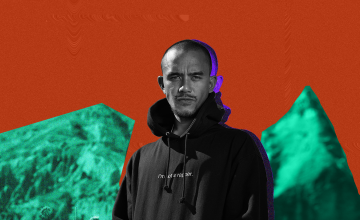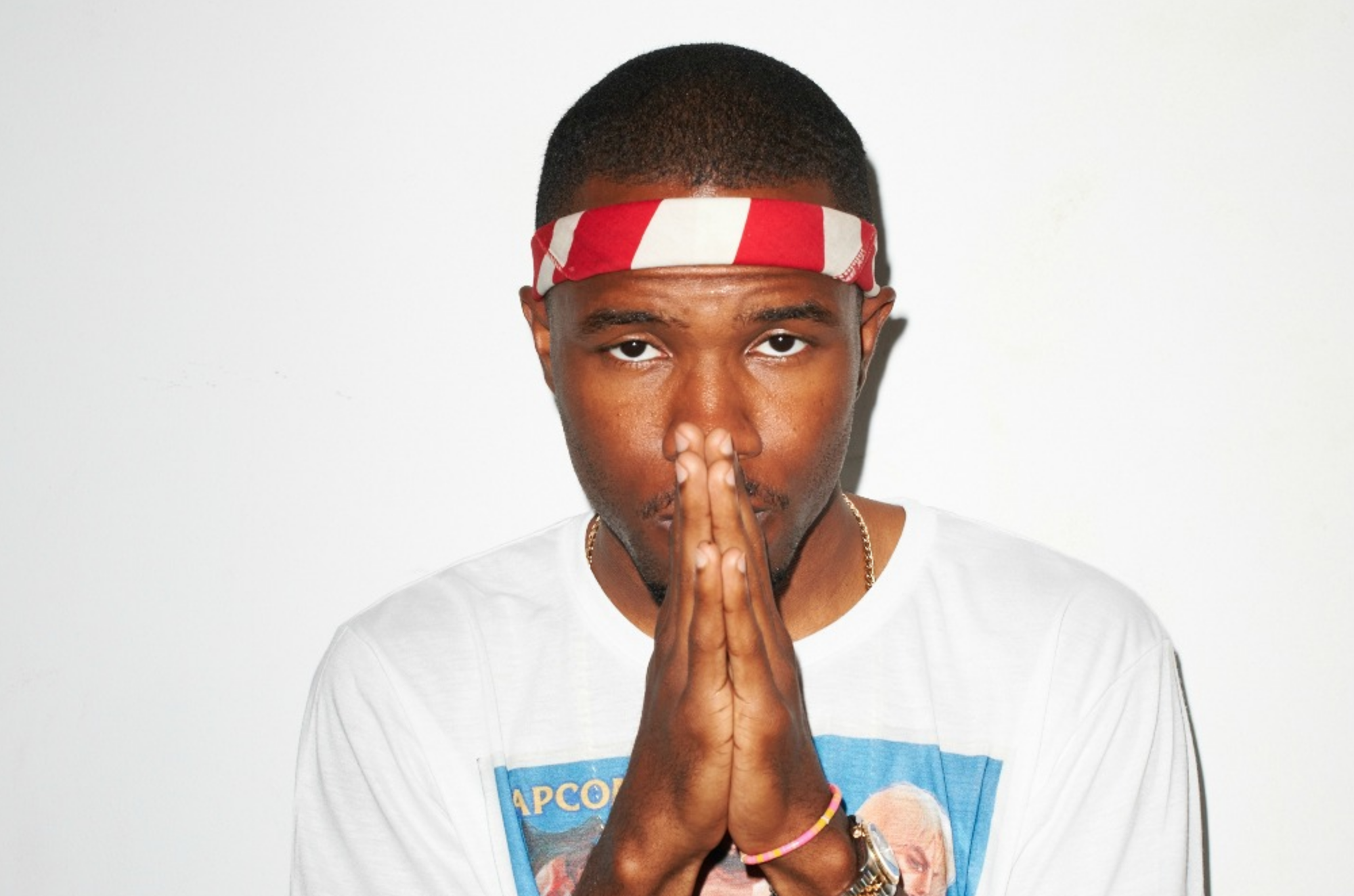President Rodrigo Duterte can’t control what comes out of his mouth. That’s a fact. And if you think he can’t add another item to the list of things he should have given more thought before saying, you thought wrong.
Last Thursday, Duterte gave a speech to Filipinos in Japan at the Palace Hotel in Tokyo. He talked about politics, gave away kisses, and admitted he was once a gay man. His admission was followed with, “Mabuhay ang bakla sa Pilipinas.”
Okay, okay. Should the LGBTQ+ community thank you now? But even before they could do that, they might have ooped at what follows.
Read more: Duterte’s “pampakilig” kiss as power play
After he said that, Duterte asked the crowd, “Ano si [Senator Antonio Trillanes IV]?” The crowd replied, “bakla!” As if it’s not enough to condone the use of “bakla” as a laughing matter, Duterte insinuated homosexuality is “curable” and that curing it is the right thing to do. “Mabuti na lang ‘nagamot’ ko ang sarili ko,” he said.
Well, Mr. President, good for you. You didn’t have to experience the cruelty and inequality towards the LGBTQ+ community. While the community would have appreciated your “mabuhay” statement, what you said after that didn’t uplift the current situation of the community. Here’s why:
Duterte has no right to out Trillanes
In his speech last night, Duterte recalled an event when a seatmate told him Trillanes was gay. “Sabi ko, ‘Totoo ba?’ Sabi niya, ‘Magtanong ka kahit sinong bakla at makita ‘yang gumalaw,” he said.
Although his statement preceding that anecdote was in celebration of homosexuality, Duterte’s narrative on Senator Trillanes’ sexual orientation doesn’t seem to be right at all. The Senator is one of the most prominent critics of Duterte and his administration, and it seems Duterte only told that story to make fun of Trillanes.
Read more: Catcallers can get fined up to P30K in new law
But here’s another thing Duterte should know: Outing someone, whether confirmed or not, is wrong on all levels. As the UK organization Stonewall writes in an article, disclosing one’s sexual orientation and gender identity is always a personal decision. No one has the right to get ahead of them and announce their sexual orientation to the public.
Some queer people choose to keep their sexual orientation private for personal reasons. As it is, our society isn’t kind to the LGBTQ+ community. Discrimination and abuse exist, and some people can’t open up about their sexual orientation because of fear. Keeping it private might be the only way to protect themselves from potential danger.
Above all, no one should dictate one’s gender or how a queer individual should live.
There’s no need to “cure” homosexuality
As mentioned earlier, Duterte said he used to be ”gay.” However, things changed when he saw Honeylet Avanceña, his common law partner, at the 1988 Mutya ng Dabaw. “Nung nakita ko si Mutya (referring to his partner), sabi ko, ito na, naging lalaki ako uli,” he said in his speech. “Mabuti na lang nagamot ko ang sarili ko.”
The term “cure” is only used to treat a disease. So when Duterte says he’s glad he cured his homosexuality, it only implies that being gay is a disease or a mental disorder. Well, that was how homosexuality was officially classified in the ‘60s. It was only in 1987 when homosexuality was officially removed from the list of mental disorders. And just this week, the World Health Organization also removed transgenderism from their list of mental disorders.
Read more: This queer artist published a zine on transphobia in Miss Universe 2018
Being part of the LGBTQ+ community, as health organizations have repeatedly proven, is not a medical condition. Thus, it’s wrong to assume that there’s a need to cure it. Our sisters from Preen also point out that homosexuality is not something that can be prayed away or treated with religious conversion therapy. To say that there is “cure” for homosexuality is almost synonymous to assuming that gays are broken and they need fixing. Well, if there’s anything that needs fixing, that would be the broken system that doesn’t give the same rights and privileges to members of the LGBTQ+ community. And how can we even have progressive laws protecting the LGBTQ+ community if even the President himself believes there’s a cure for homosexuality?
A walking contradiction
Duterte had no clear stand on same-sex marriage. In December 2017, he expressed support for same-sex marriage. Although the current civil code of the Philippines wouldn’t allow the existence of a new law for same-sex marriage, he also presented the possibility of changing the law. Earlier that year, however, he also addressed same-sex marriage and opposed it. “That’s their culture. That can’t apply to us, because we are Catholics.” he said, referring to the liberated culture of Western countries.
Back in 2016, he showed support for same-sex marriage and gay rights during his campaign for the presidency. He was quoted for saying, “Bakit ka mahiyang bakla, gawa ka man ng Diyos” and “God created all of us. Male, female, tomboy, pati bakla.”
This year, during the campaign season for the midterm elections, he contradicted himself when he said God made a mistake in making former solicitor general Florin Hilbay gay. “I don’t have a problem with gays, but this particular gay is a bully,” he said. “Be true to yourself. You’re gay. Don’t hide behind a cover. You were made by God. God made a mistake. Just because he’s God does not mean he is incapable of making mistakes.”
Art by Julia Cruz























Comments